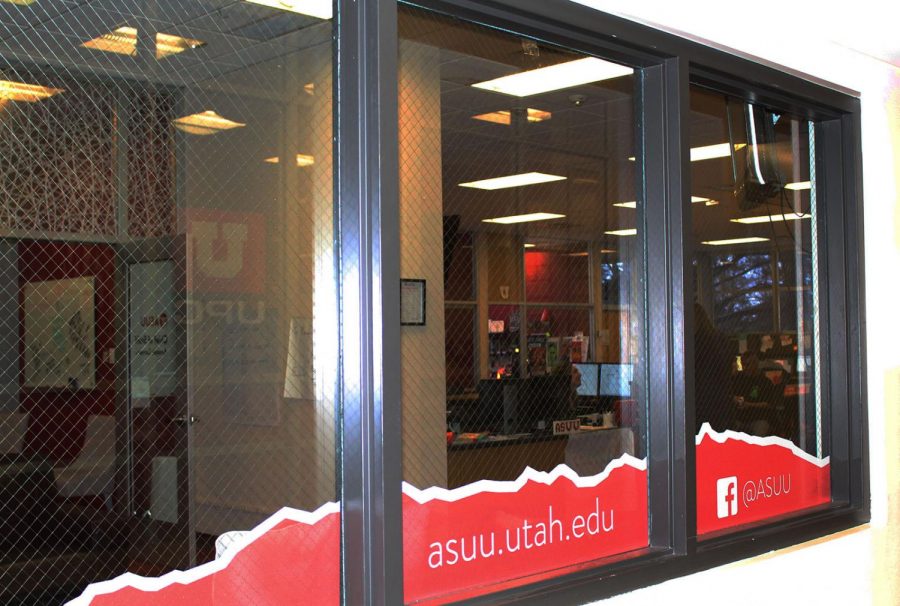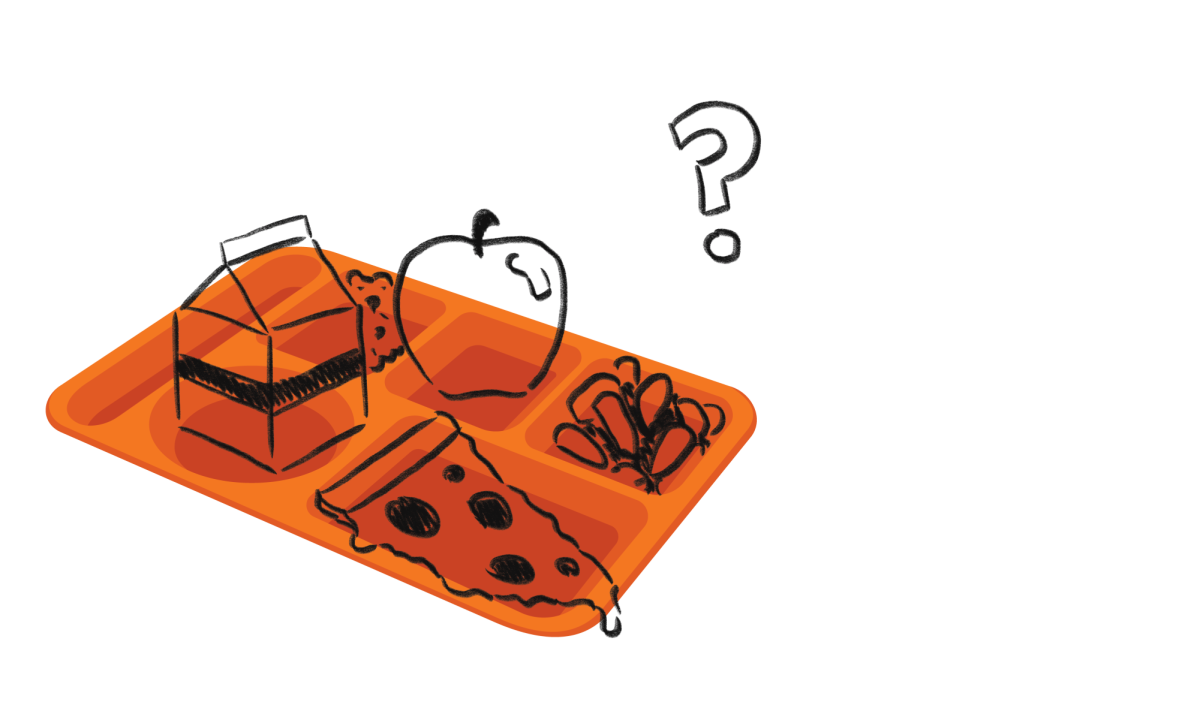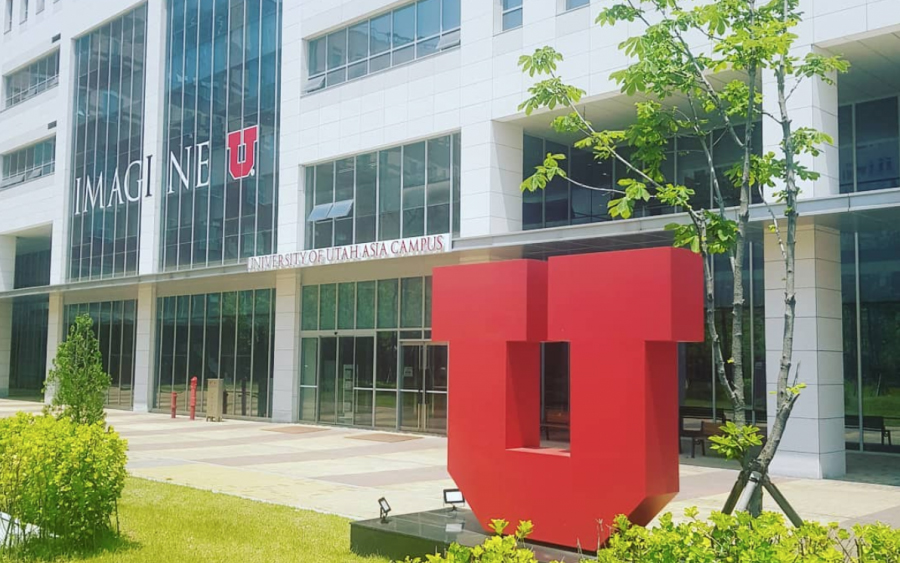ASUU Allocates Emergency Funding in Response to COVID-19
March 20, 2020
On Thursday, ASUU President Anna Barnes signed a bill allocating $80,000 of legislative funding for students affected by the COVID-19 outbreak.
Announcing the bill on Twitter, Barnes called it the “most important piece of legislation I have signed.” The ASUU Committee of Student Affairs, a Senate Committee that implements policies and procedures affecting student life, plans to see the bill today — the Committee gives final approval to all bills with budgetary changes of more than $20,000. They are expected to quickly approve it.
The most important piece of legislation I have signed.
$80K of legislative funding will go directly to supporting students during this crisis, with plans to provide $60K in additional executive funding.
Thank you to Devon, Latifa, Gabe, Mitch, Damon and all legislators. pic.twitter.com/u06pIj5P9t
— anna (@annnnabarnes) March 20, 2020
This bill is sponsored by Devon Cantwell, Senator for the College of Social and Behavioral Science, and Mitch Kirkham, Assembly President. The legislation will take existing budgets from the ASUU Travel Committee, Assembly and Senate to create an emergency relief fund. Barnes also plans to use $60,000 of executive funding to support students.
$10,000 will be allocated to the Feed U Pantry, $5,000 will be spent on home medical supply kits and the remaining $65,000 will create a need-based emergency grant fund through the University Office of Scholarships and Financial Aid.
The legislation also recommended an increase in the Emergency Loan Fund, an existing ASUU program that normally offers loans of up to $250. The bill proposed increasing the amount to $500. The legislation also recommends additional funding for the Marriott Library and University Student Apartments. Barnes said these recommendations could be altered as the crisis continues, and students’ needs change.
To distribute this funding, the bill created an Emergency Relief Committee, with at least nine members of ASUU. While the legislation does not specify how the money will be distributed, Barnes said on Twitter that the new committee will work quickly to distribute funds and that there will be plans for students by next week. The committee will also allocate the planned $60,000 in executive funding. Barnes said all executive board members wanted to shift their current budgets to emergency relief.
ASUU President-elect Ephraim Kum responded to the bill on an Instagram story: “So inspired by the amazing people and amazing work in ASUU,” he said.
The bill comes after a week of drastic action from the university, state and country to stop the spread of COVID-19. All classes at the U have moved online and commencement has been postponed indefinitely. Yesterday, the university announced the Marriott Library will be closed for at least the next two weeks, and most campus resources have closed or reduced services. Some students have been trying to convince the university to remove letter grades from this semester’s courses.
Even the circumstances of passing the bill were unusual. Legislators met through a video conference call in a rare joint session between both the Senate and Assembly to discuss the bill. Even in an unusual arrangement, Barnes said the process was successful. “It was probably one of the best-run meetings I’ve ever been to,” she said. “People were really thoughtful.”
Barnes hopes the bill will provide relief to students facing unprecedented challenges. “Knowing how much stress and hardship that COVID-19 and social distancing has started to cause people, we wanted to act quickly,” she said. “I have heard from so many students that this is impacting them negatively… This is the exact definition of what we should be doing in a time like this.”
j.petersen@dailyutahchronicle.com
Editor’s note: Signs and symptoms of COVID-19 include fever, dry cough, tiredness and shortness of breath. These symptoms are believed to occur between two and 14 days after a person is exposed to the disease. If you have these symptoms and have recently come into contact with a person who is known to have COVID-19, or if you have recently traveled to an area with community spread of the disease, you should call your doctor. Areas with community spread of COVID-19 are believed to include China, South Korea, Italy, Iran and Seattle. If you do not have a doctor who you visit regularly, please call the Utah Coronavirus Information Line at 1-800-456-7707 or the University of Utah Health hotline at 801-587-0712. Do not go to a healthcare facility without first making arrangements to do so.











